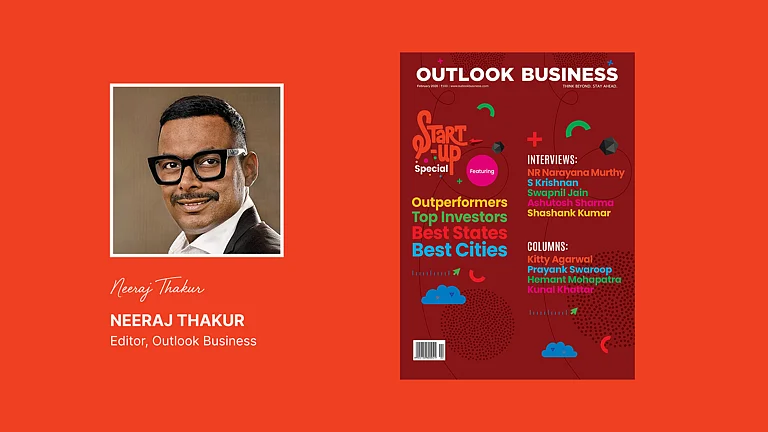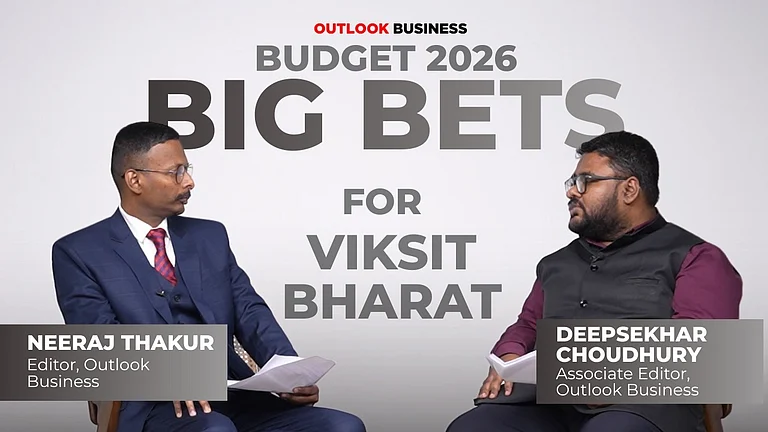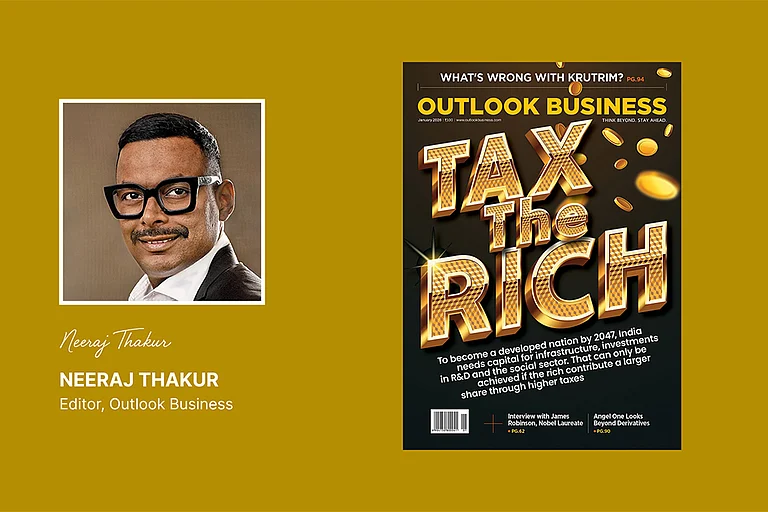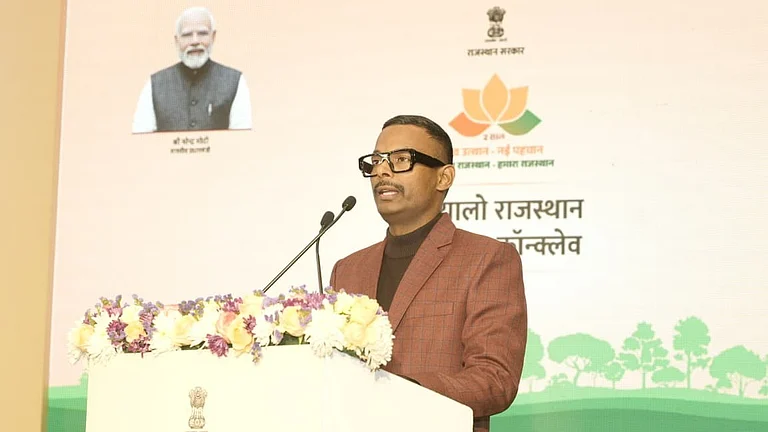In 1757, a single defeat in a small corner of Bengal—the Battle of Plassey—changed the destiny of the Indian subcontinent. It was a confrontation between the Nawab of Bengal, Siraj-ud-Daulah, and the British East India Company—ostensibly a trading corporation, but one backed by the British Crown and armed with imperial ambition. What followed wasn’t just colonisation of one of the world’s wealthiest regions, but two centuries of systematic economic plunder. India’s riches were siphoned off, its people reduced to subjects in their own land, stripped of dignity and denied control over their future.
That’s a lesson we cannot afford to forget.
Today, India stands on the threshold of becoming the world’s third-largest economy. But growth means little if it can’t be safeguarded. For businesses and investors, both domestic and global, to place long-term trust in India, they must believe that this country can protect what it builds.
The recent terror attack in Pahalgam was a stark reminder that threats still persist. In response, the government launched Operation Sindoor—a swift and targeted strike on terror camps across the border. The message was clear: India will no longer be blackmailed by a rogue neighbour that has long undermined our progress under the shadow of nuclear threat.
But let’s be clear. This is only the beginning.
For decades, a section of India’s intellectual and policy elite has argued that defence spending undermines development. Rooted in post-colonial pacifist idealism, this view may have once seemed noble, but today, it is dangerously out of sync with reality.
Terror doesn’t just take lives. It disrupts economies. Tourists stay away. Investors pull back. In the 1980s, Punjab’s insurgency stalled business. Since the 1990s, Kashmir’s promise has been dulled by fear. Our neighbour understands this and uses it as a weapon.
The truth is simple: there is no development without defence. No growth without security. No peace without strength. Weakness invites aggression. Strength deters it.
This month’s cover story makes the case for a stronger, more prepared India. The world is shifting. Alliances are fluid. A three-front war involving China, Pakistan and an unstable eastern flank with Bangladesh is no longer distant speculation. It’s a possibility we must prepare for, with consistent investment in our military, intelligence and cyber defences, and the will to act before reacting.
This isn’t a rejection of diplomacy. It’s a reminder that diplomacy without power is just talk. Nations that are respected don’t wish for peace—they prepare to protect it.
India must remain a civilisational power rooted in restraint, but never again an unprepared one.
Outlook Business is evolving too. This month, we introduce two new sections: Corporate Strategist, featuring bold business moves, and Down the Ages, showcasing legacy firms led by third-generation visionaries.
We're also adopting the ₹ symbol across the magazine. If the dollar gets a key, so should the rupee. Symbols matter. And so does pride in what we are building.












